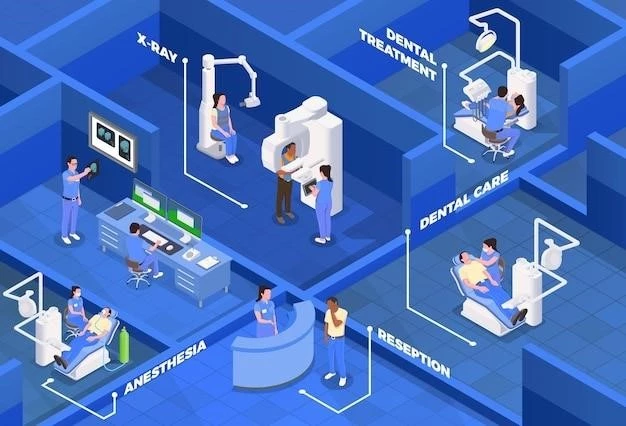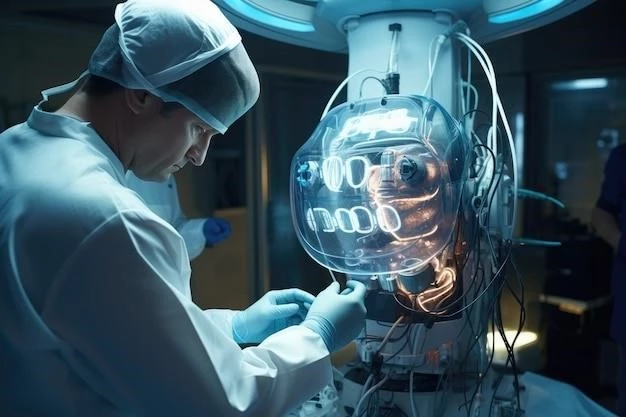Robotics has revolutionized various fields, and healthcare is no exception. The application of robotic technology in surgery and rehabilitation has significantly impacted patient outcomes and the practice of medicine. I’ve had the opportunity to witness firsthand the transformative power of robotics in these areas, and I’m excited to share my experiences.

Robotics in Surgery: Precision and Minimally Invasive Procedures
As someone who has undergone robotic-assisted surgery, I can attest to its benefits. During my laparoscopic procedure, the surgeon used a robotic system that provided a magnified, three-dimensional view of my internal organs. The robotic arms, controlled by the surgeon from a console, offered unparalleled precision and dexterity, allowing for minimally invasive incisions and faster recovery times.
The advantages of robotic surgery are numerous:
- Enhanced precision and control: The robotic arms provide a steady hand, minimizing tremors and allowing for intricate movements that are difficult to achieve with traditional laparoscopic instruments.
- Minimally invasive approach: Smaller incisions mean less pain, shorter hospital stays, and faster recovery.
- Improved visualization: The magnified, 3D view allows surgeons to see the surgical field in greater detail, leading to more accurate and efficient procedures.
- Reduced blood loss and complications: The precision of robotic instruments minimizes tissue damage, leading to less blood loss and a lower risk of complications.
Robotic surgery has become increasingly prevalent for a wide range of procedures, including:
- Prostate cancer surgery
- Hysterectomy
- Kidney surgery
- Heart surgery
- Bariatric surgery

Robotics in Rehabilitation: Empowering Recovery
Beyond surgery, robotics plays a crucial role in rehabilitation, helping patients regain mobility and function after injuries or illnesses. I’ve seen firsthand how robotic devices can assist with physical therapy, providing customized and adaptive exercises tailored to individual needs.
Here are some ways robotics is transforming rehabilitation:
- Exoskeletons: These wearable robotic devices provide support and assistance for individuals with mobility impairments. They can help with walking, standing, and performing daily tasks, improving independence and quality of life.
- Assistive robots: These robots can assist with activities of daily living, such as dressing, bathing, and transferring. They can provide companionship and support for individuals who require assistance.
- Rehabilitation robots: These robots provide targeted exercises and feedback to help patients regain strength, coordination, and range of motion. They offer personalized and interactive therapy sessions, enhancing motivation and engagement.
I’ve personally witnessed the positive impact of robotic rehabilitation on patients. The technology empowers them to engage in active therapy, leading to faster and more effective recovery.
The Future of Robotics in Healthcare
The field of robotics in healthcare is rapidly evolving. Advancements in artificial intelligence, machine learning, and sensor technology are paving the way for even more sophisticated and personalized robotic systems. I believe that in the future, robotics will play an even greater role in:
- Surgical automation: Robots could perform certain surgical tasks autonomously, freeing up surgeons to focus on complex aspects of the procedure.
- Personalized rehabilitation: Robots could adapt to individual patient needs, providing customized therapy programs and real-time feedback.
- Remote surgery: Robotic systems could enable surgeons to perform procedures remotely, extending access to specialized care to underserved populations.
The integration of robotics in surgery and rehabilitation is transforming healthcare, offering numerous benefits to patients and healthcare providers. As technology continues to advance, we can expect even more innovative applications of robotics in the future, leading to improved patient outcomes and a more personalized and effective healthcare system.










